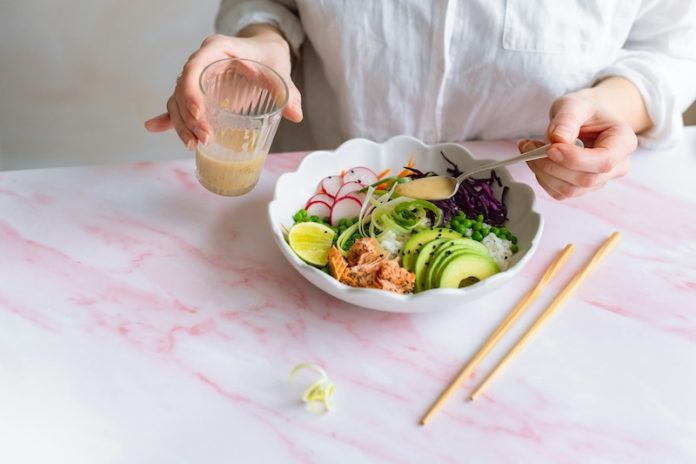
When it comes to managing diabetes, what you eat and drink plays a crucial role in controlling your blood sugar levels. While it might seem like navigating a minefield, understanding which foods and beverages to avoid can simplify the journey.
This guide aims to shed light on those items, backed by research evidence, in a way that’s easy to grasp for everyone.
Diabetes occurs when your body cannot effectively process glucose, leading to elevated blood sugar levels. This imbalance can be due to the body’s inability to produce enough insulin (Type 1 diabetes) or resistance to insulin’s effects (Type 2 diabetes).
Diet plays a pivotal role in managing this condition, with certain foods and drinks exacerbating blood sugar levels more than others.
Sugary beverages are the first big no-no. Research consistently shows that drinks high in sugar, such as soda, fruit punch, and sweetened teas, can lead to spikes in blood sugar levels.
These drinks provide large amounts of sugar in a quickly consumable form, making it challenging to maintain a steady blood sugar level. Instead, water, unsweetened tea, or coffee are much safer choices.
Next on the list are processed grains and foods made from white flour, such as white bread, pasta, and pastries. These foods have a high glycemic index, meaning they can raise your blood sugar levels rapidly.
Studies suggest that choosing whole grains, which have more fiber, can help control blood sugar levels by slowing down the absorption of sugar into the bloodstream.
Another category to be cautious of includes high-fat animal products, like fatty cuts of meat and full-fat dairy. These can contribute to insulin resistance, a condition where the body’s cells don’t respond well to insulin.
Lean protein sources, such as chicken breast, fish, and plant-based proteins, are better options for managing diabetes.
Processed snacks and fast foods are also problematic. They are not only high in unhealthy fats and sugars but also salt.
This combination can lead to weight gain and increased blood pressure, both of which are risk factors for worsening diabetes. Opting for fresh fruits, vegetables, and homemade meals can help avoid these pitfalls.
Finally, alcohol consumption needs careful consideration. Alcohol can interfere with your blood sugar levels and the effectiveness of diabetes medications. If you choose to drink, moderation is key, and it’s important to monitor your blood sugar levels.
Understanding which foods and drinks to avoid is a significant step in managing diabetes effectively. By choosing healthier options, you can help keep your blood sugar levels in check, reduce your risk of complications, and lead a healthier life overall.
Remember, managing diabetes doesn’t mean you have to give up all your favorite foods. It’s about balance and making informed choices. Consulting with a healthcare provider or a dietitian can also provide personalized advice tailored to your specific needs.
In conclusion, managing diabetes through diet involves avoiding sugary drinks, processed grains, high-fat animal products, processed snacks, fast foods, and consuming alcohol in moderation.
By making these changes, individuals with diabetes can significantly improve their health outcomes.
Embracing a diet rich in whole foods, lean proteins, and plenty of fruits and vegetables is not just about avoiding what’s bad but also about discovering the vast array of delicious and nutritious options that support a healthy, vibrant life.
Follow us on Twitter for more articles about this topic.
Copyright © 2024 Scientific Diet. All rights reserved.





